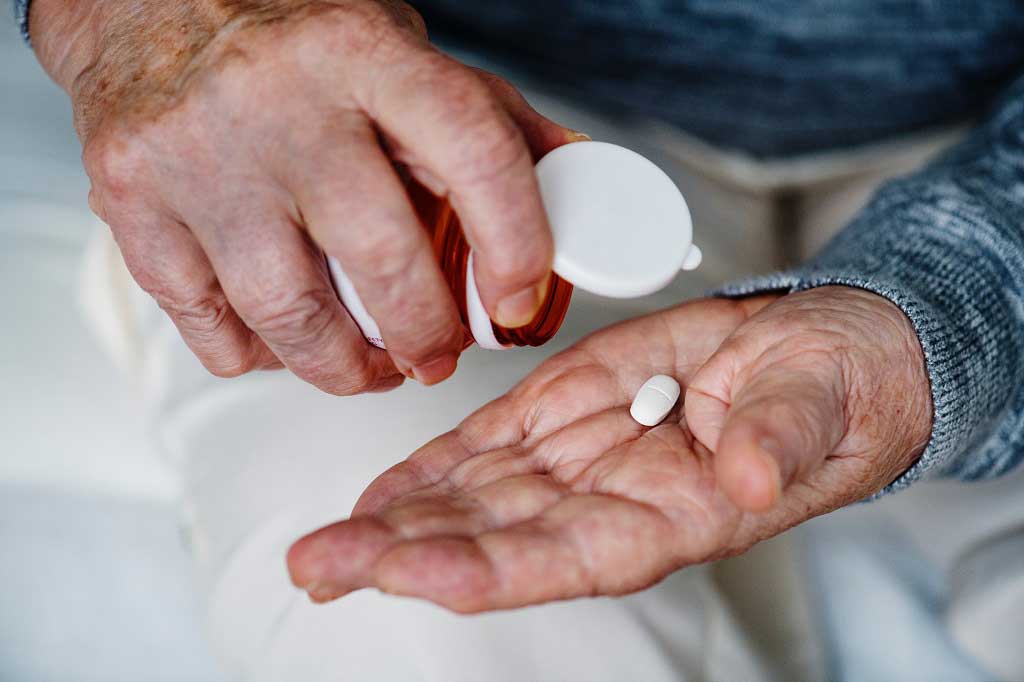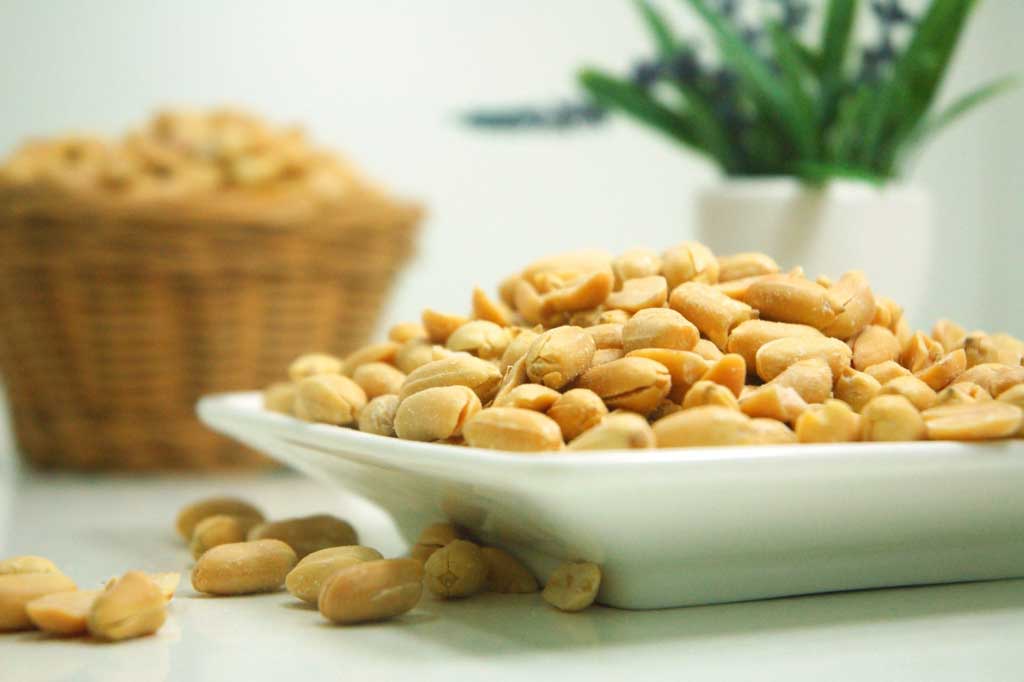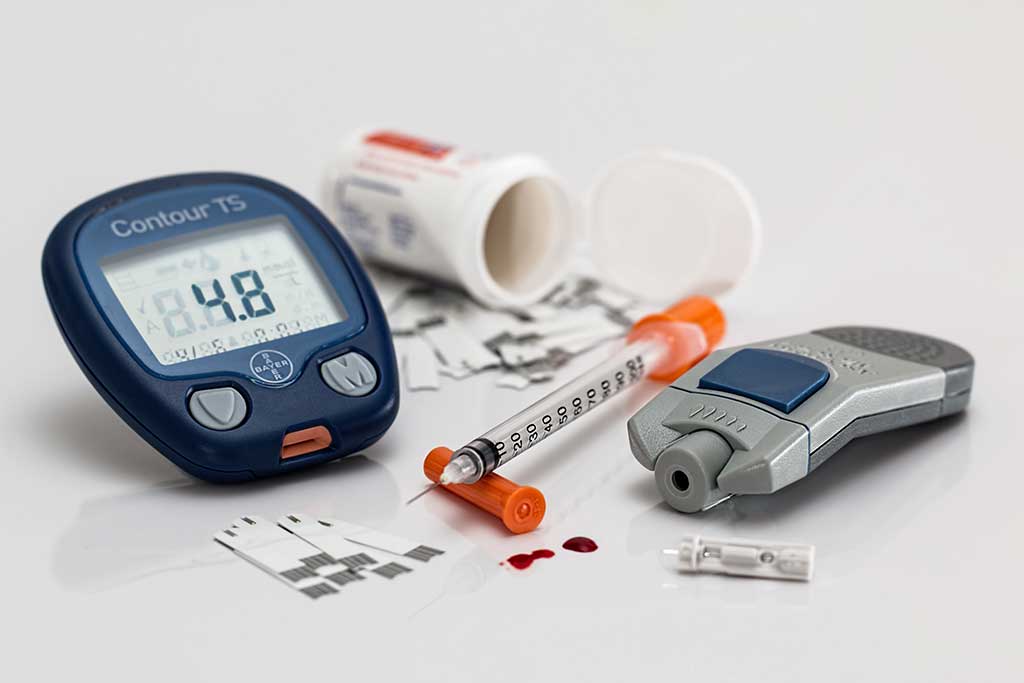Whooping cough vaccine plans for pregnant women and teens due to 'rocketing number of cases'
Medication
Vaccination for whooping cough may be offered to pregnant women and teenagers, reports the Daily Mail. This is due to an alarming rise in cases and a number of deaths...
"Pregnant may get whooping cough jab to protect babies as number of cases rockets," reports the Daily Mail, after an alarming rise in cases and a reported five infant deaths.
The Joint Committee of Vaccination and Immunisation (JCVI) (a board of specialists that advises on vaccination policy) is considering offering a vaccine against whooping cough to teenagers and pregnant women.
The reason this step is being considered is because of an alarming rise in cases, which, as the Mail reports, is the ‘worst outbreak in more than a decade’.
Whooping cough is a highly contagious bacteria infection that can cause persistent and severe coughing, which in younger children is accompanied by a distinctive ‘whooping’ noise. The infection, while deeply unpleasant, is not usually a serious health concern in older children and adults but younger children under the age of two years can be at risk of serious complications.
Whooping cough is a cyclical condition with the number of cases peaking every three to four years. We are currently in the middle of such a peak, though this year there have been many more cases reported than during the last peak in 2008.
The UK Health Protection Agency (HPA) has announced that there were 675 reported cases of whooping cough in June, bringing the total to 2,466 so far this year, more than double the total for the whole of 2011.
The JCVI first needs to review the effectiveness of vaccinating teens and pregnant women before before any recommendations are made. So the key word in news reports is that pregnant women and teenagers ‘could’ be vaccinated – it’s far from confirmed yet.
What is the basis for these current reports?
The Health Protection Agency (HPA) is the UK organisation that aims to protect the public from threats to their health from infectious diseases and environmental hazards. The HPA keeps track of the number of cases of disease and provides advice and information to the general public, health professionals, and to national and local government. It has issued a bulletin about the number of whooping cough cases and deaths in 2012 compared to other years, and a recent meeting of the Joint Committee of Vaccination and Immunisation (JCVI) also discussed the issue. The JCVI is one of the Department of Health’s advisory bodies that reviews patterns of infectious disease in the UK and advises on vaccination and immunisation policy.
What does the HPA report on the number of cases of whooping cough?
The HPA reports that there were 675 reported cases of whooping cough in June, bringing the total to 2,466 so far this year, more than double the total for 2011 – when there were only 1,118 cases during the course of the whole year. The reported cases have come from across regions of England, with clustering of outbreaks in certain schools and healthcare settings. The true number of cases may be even higher than 2,466, as this is only the number of laboratory-confirmed positive cases reported to the HPA, and the HPA may not necessarily receive a sample for testing from every suspected case.
Outbreaks of whooping cough are said to follow a cyclical pattern, with increases in number occurring every three to four years – the last being in 2008. However, in 2008 there were only 421 cases in the first six months of the year, compared to 2,466 in the first six months of 2012.
There have also been 186 cases in infants under the age of three months, compared to 84 cases among this age group in 2008. Young babies are the most vulnerable to complications from the illness. There have been five deaths in infants under three months so far this year; there were four in 2008.
The HPA is requesting improved reporting of cases and is issuing guidance to health professionals and providing information to parents.
What did the JCVI recommend about vaccination of teenagers and pregnant women?
In response to the increase in number of cases, the JCVI reviewed the current vaccination policy for whooping cough (pertussis) in its meeting in June. It considered a number of options:
- a booster dose of whooping cough vaccine for adolescents
- vaccination of pregnant women
- a ‘cocooning strategy’, where close contacts of newborns are vaccinated
- vaccination of newborns
- timely completion of the routine primary course of infant vaccinations (which includes a whooping cough vaccination) or earlier initiation of primary immunisations (the JCVI says that based on data from Child Health Information Systems, 20% of infants may not have received their first dose of immunisations by 10 weeks of age)
- vaccination of healthcare workers
Regarding whether to immunise adolescents or pregnant women, the committee discussed that before firm advice could be provided further research would be required on routes of transmission, burden of disease, the duration of vaccine-induced and natural protection, and study on the likely effectiveness, safety and cost of potential vaccination strategies.
The JCVI says that such studies can be complex and take time to complete, as routes of transmission and age-related immunity are poorly understood. However, for adolescents they say that such study could be simpler and they aim to review the evidence on the effectiveness of adolescent vaccination later in 2012. They will also be reviewing vaccination during pregnancy, but no timeframe was given for this.
It is expected that the aim of vaccination among adolescents would be to reduce the number of cases and reduce the chances of transmission to others. Vaccinating pregnant women may protect the vulnerable developing baby. Related to the vulnerability of newborns, the JCVI say that information is needed on whether or not the infants who have died from whooping cough had yet received vaccination. The Department of Health is to issue advice on the need for timely vaccination and is to explore the possibility of early vaccination under certain circumstances.
Why does the JCVI recommend vaccinating certain healthcare workers?
The JCVI concluded that as healthcare workers could become infected with whooping cough and pass infection on to newborns and young infants, those who have close contact with infants under the age of three months should receive whooping cough-containing vaccine. In particular, those who provide healthcare for the most vulnerable newborns should be vaccinated, e.g. midwives and those working in newborn and paediatric intensive care units.
If you are a healthcare worker who works with young infants and newborns, your line manager, or similar, should be able to provide more advice.
What does the HPA conclude?
Dr Mary Ramsay, head of immunisation at the HPA, says: “We welcome the JCVI review of the current vaccination recommendations. In the meantime we are actively reviewing our cases to see what interventions could have the quickest impact on the spread.”
The HPA advises that whooping cough can spread easily to close contacts such as other household members, and that vaccination is the most effective way to protect people from this infection. Parents should ensure their children are up to date with their vaccinations so that they are protected at the earliest opportunity. The HPA advises that anyone showing signs and symptoms – which include severe coughing fits accompanied by the characteristic “whoop” sound in young children, but as a prolonged cough in older children and adults – should visit their GP.
Read more advice about what to do if you think you, or your child, has developed whooping cough.
Analysis by *NHS Choices. Follow Behind the Headlines on twitter*.






 Subscribe
Subscribe Ask the doctor
Ask the doctor Rate this article
Rate this article Find products
Find products






